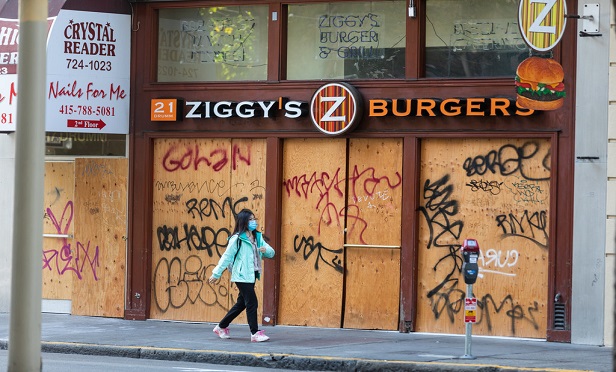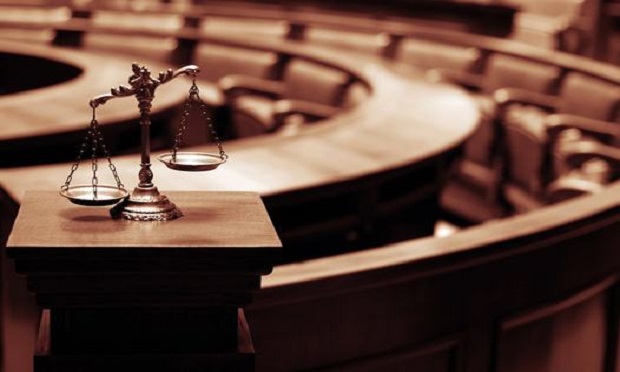 Updates from the U.S. House and across the country, including the latest pandemic-related legislation. (Photo: Shutterstock)
Updates from the U.S. House and across the country, including the latest pandemic-related legislation. (Photo: Shutterstock)
Editor's Note: At the start of each month, we publish insurance legislative and regulatory news and updates from around the nation.
|National updates
The U.S. House of Representatives passed the Paycheck Protection Flexibility Act of 2020 (HR 7010) that will extend several deadlines for small businesses receiving PPP loans. Among its provisions, the Act will extend the program from June 30 to December 31, 2020.
Recommended For You
Want to continue reading?
Become a Free PropertyCasualty360 Digital Reader
Your access to unlimited PropertyCasualty360 content isn’t changing.
Once you are an ALM digital member, you’ll receive:
- Breaking insurance news and analysis, on-site and via our newsletters and custom alerts
- Weekly Insurance Speak podcast featuring exclusive interviews with industry leaders
- Educational webcasts, white papers, and ebooks from industry thought leaders
- Critical converage of the employee benefits and financial advisory markets on our other ALM sites, BenefitsPRO and ThinkAdvisor
Already have an account? Sign In Now







